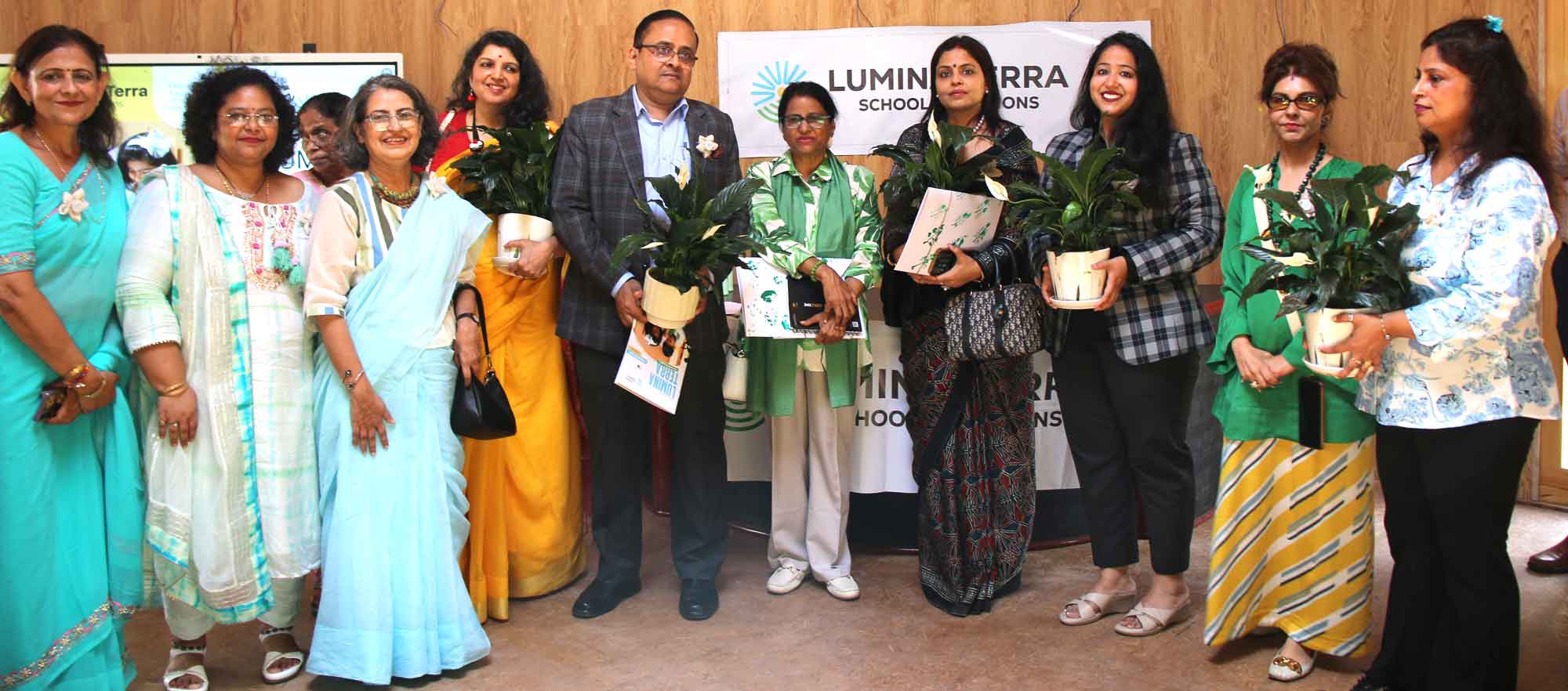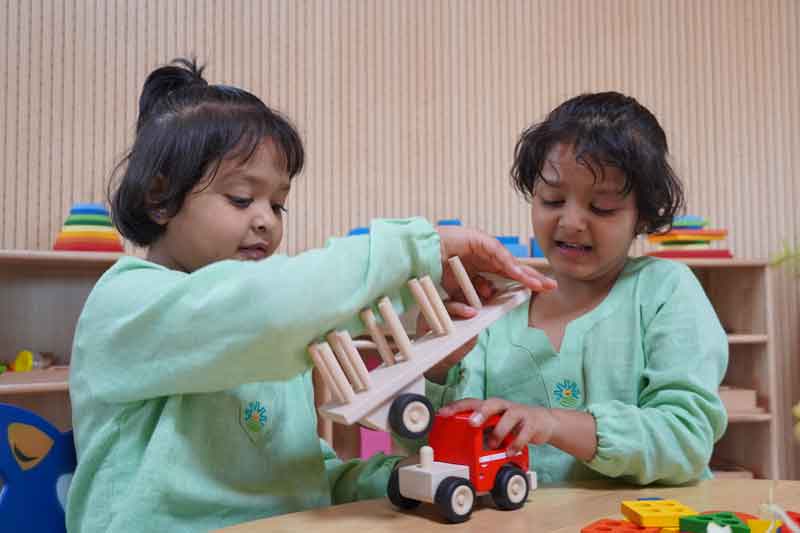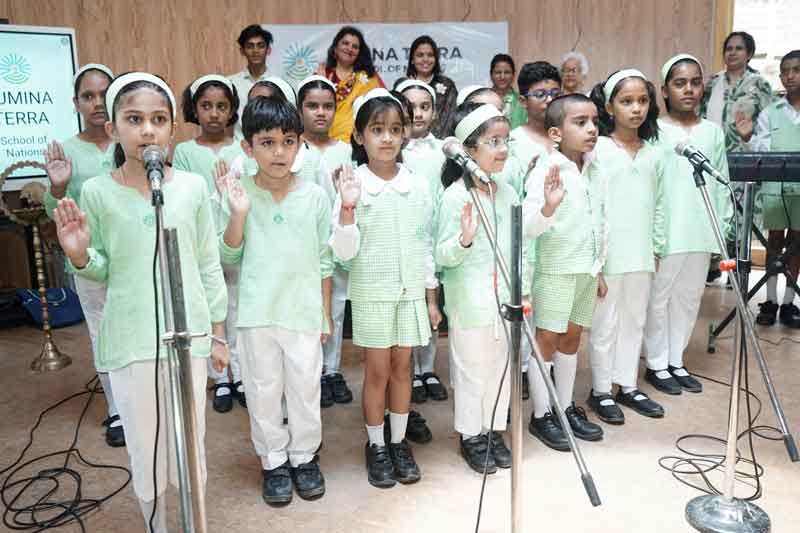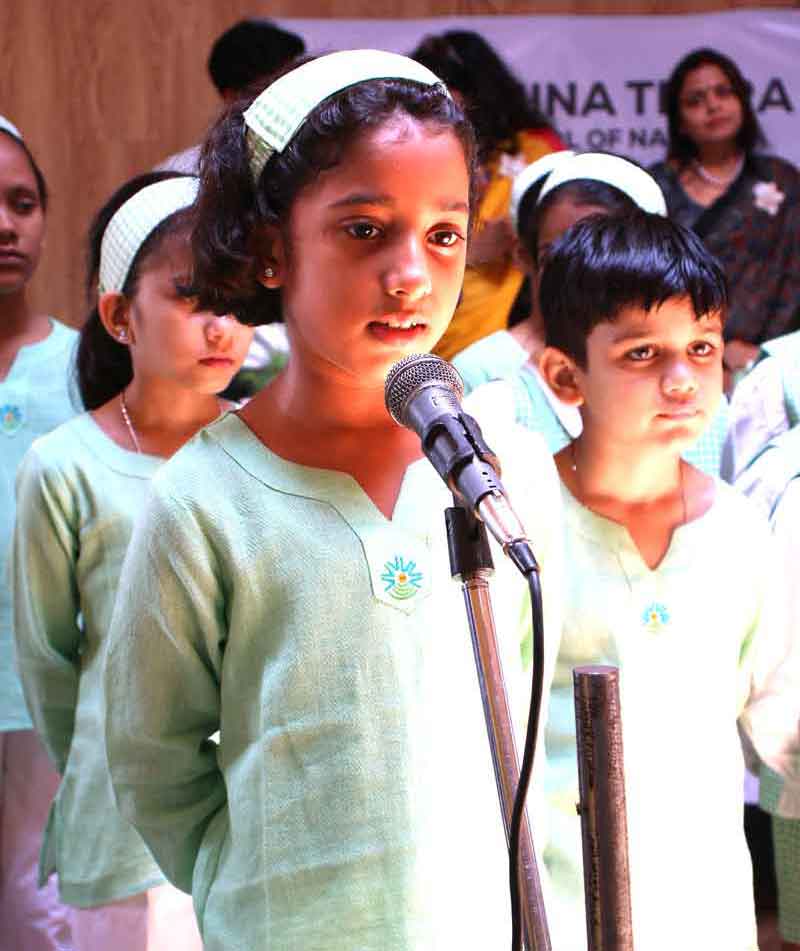
program

Immersive skill development
- Creativity, leadership, resilience
- Real-world problem-solving through nature, arts, science, technology, entrepreneurship, global citizenship.

Well-being
- Our daily rhythm gently supports children to reflect, grow, enjoy self-paced mastery, meaningful reflection tools, and thrive with joy
- Parents stay connected through daily updates and close partnership.
- We create a caring environment that nurtures curiosity and confidence, and in which kindness and respect for others is naturally integrated

Academic Director
Nurtured by: Dr. Sunita Gandhi
Ph.D., Physics, Cambridge University, UK
Creator ALfA: Accelerating Learning for All
Ahead naturally
- Up to two grades ahead, naturally
- Small classes, big attention
- Lighter bags — most materials at school
- Kindness, empathy & honesty
- Tradition, with thoughtful integration of the modern, AI & Technology
Additional services
LT Happy Hours Daycare
After-School Program (1:30 PM – 5 PM), a warm, creative space to relax, explore hobbies, or engage in guided activities.
LT Moments
For when you are heading out for shopping or need a breather.
LT Story Creators App
Free Access to write stories with your child and share with friends.
